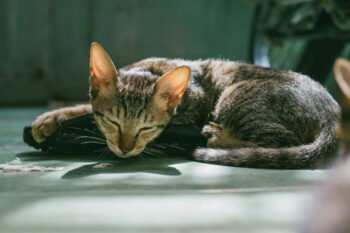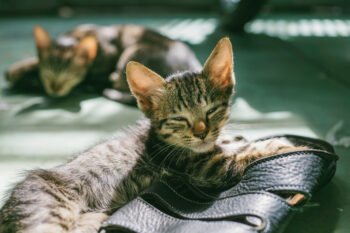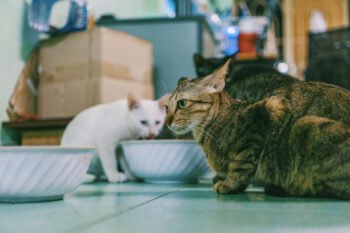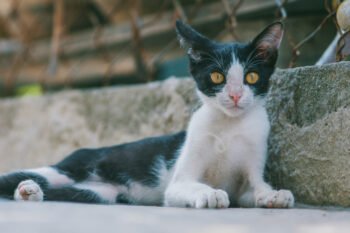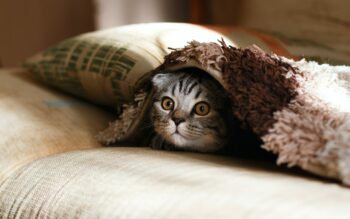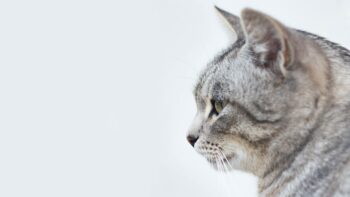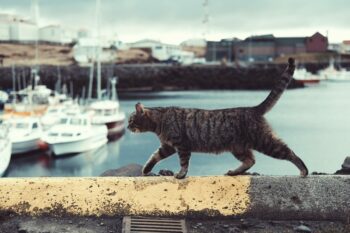Many is the cat owner who comes home to find the resident feline sprawled out on the couch — in exactly the same place it was several hours before. If this sounds familiar, then your cat is probably in need of a little feline physical fitness.
Exercise is beneficial to your cat in several ways. For one, it can alleviate the boredom that sometimes leads to bouts of bad behavior, says Nancy Peterson, an issues specialist at The Humane Society of the United States in Washington, D.C. A little workout might ward off situations that involve chewing the legs of your dining room chairs, swinging on curtains, playing with your clothing, and so on.
Regular exercise can also keep your pet healthy and prevent disease. According to Peterson, heavier cats face a higher risk of developing heart problems and feline diabetes. And the more your cat exercises, the greater its muscle strength and flexibility, says James R. Richards, a veterinarian and director of the Cornell Feline Health Center at the Cornell University College of Veterinary Medicine in Ithaca, New York. "A lot of cats live indoors these days, which is beneficial for their health in terms of keeping them away from infectious agents outdoors. But we have a lot of bored, fat, couch potato cats out there. The high point of their day is when they jump off the couch and head to the feeding dish."
Consider it your job to keep your cat interested in some sort of exercise, says Jean Duddy, DVM, a veterinarian who specializes in internal medicine at Angell Animal Medical Center in Boston. "If your cat tends to be sedentary and you don't change that pattern, it will remain sedentary," she says. "Keep at it even when your cat walks away."
Experiment with different toys until you find some that capture your cat's interest and excitement. Some felines love interactive wand-like gadgets that prompt them to leap in the air, while other cats prefer to sit in hiding and pounce on objects, says Peterson. "Even older cats can be enticed to play with most wand toys," Peterson says. "But regardless of age, what's most important is to make exercise a routine part of the day. An adult cat will benefit from at least twice-a-day play sessions, preferably at set times." To keep things fun, rotate the toys on a weekly basis so that boredom doesn't set in.
Finally, if your cat is already overweight, be sure to speak to your veterinarian before jump-starting a regular exercise routine. Your vet can rule out any underlying medical issues that should be treated, or considered, in advance.

